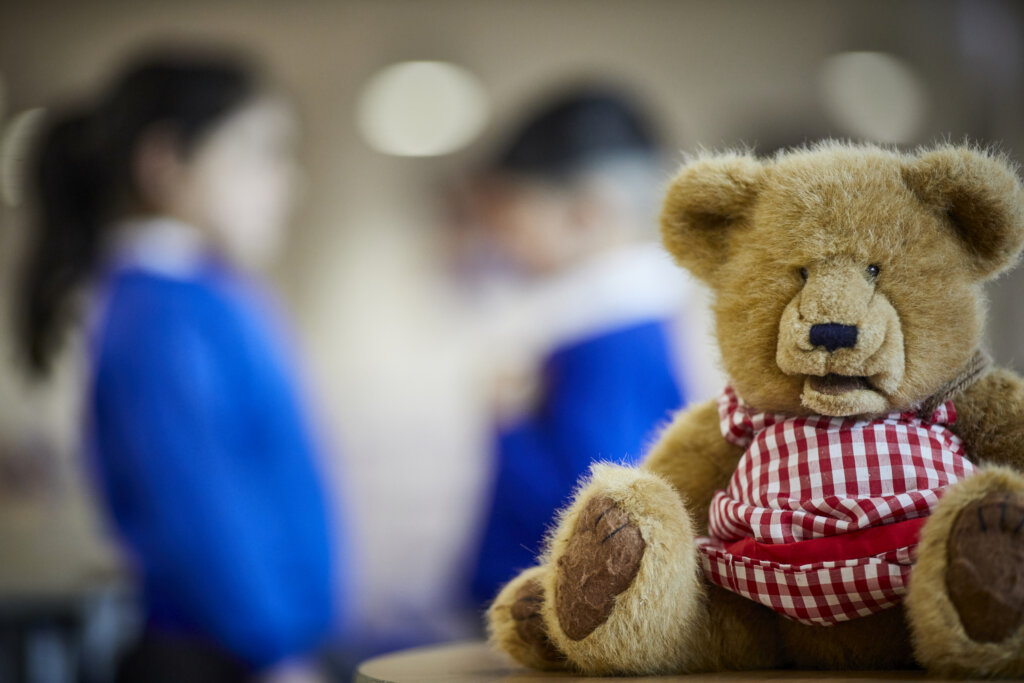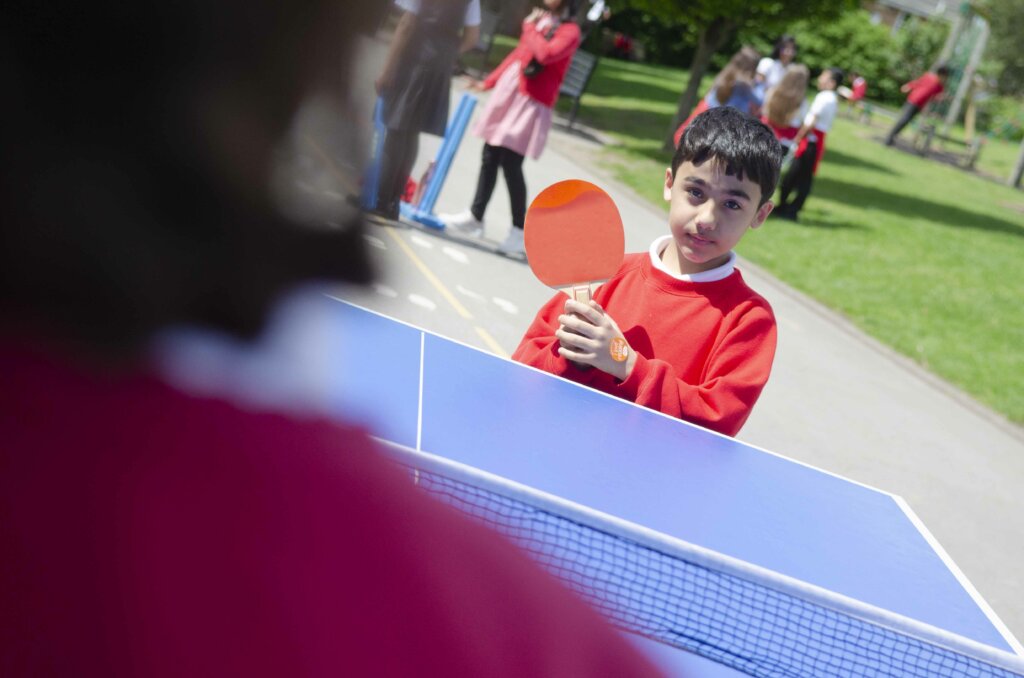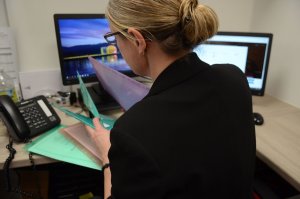Prime Minister sets school readiness target
This week, the Prime Minister launched the government’s plan for change, setting out key targets for education, the economy, the NHS, police, homebuilding and clean power. With regards to education, Sir Keir Starmer pledged to meet a target of 75% of five-year-olds reaching a good level of development in EYFS by 2028. This would represent a record number of “school-ready” pupils, equivalent to an extra 40,000 children each year.
In his speech, the Prime Minister expressed concerns about the numbers of Reception children ‘who aren’t starting to read…they’re struggling to speak.’ Earlier this year, research by the Centre for Young Lives and Child of the North found that a third of children starting Reception in 2022-23 were considered not “school ready,” meaning they were not performing at an age-appropriate level across the domains of Personal, Social and Emotional Development; Communication and Language; Physical Development; Mathematics; and Literacy. This number rose to 45% for children receiving free school meals. The Prime Minister said ‘it is a scandal […] if we do not give every child, whatever their background, a fair chance to succeed.’
In 2019, the proportion of children who were considered “school ready” was 72%. However, this fell to 65% after months of lost learning due to nurseries being closed. The Prime Minister’s target is hoped to raise school readiness levels to above where they were before the pandemic. To achieve this, the government aims to continue the rollout of early education support, offer sustained professional development to the early years sector, and strengthen and join up family services.
Purnima Tanuku, chief executive of the National Day Nurseries Association (NDNA), says it is good to see children’s outcomes are now a key part of government strategy. However, she adds that the first five years should be treated as the most important stage of a child’s development, ‘a stage in its own right, not just as a springboard for school.’
★ Our EYFS experts share your ambition to give children the best possible start in life. We can help you to enhance the learning environment, promote the characteristics of effective learning, support transitions, and more. Reach out to our team to learn more.
Over 300,000 children missing from education
Earlier this year, the government released data that suggested around 117,100 children were missing from education during 2022-23, an increase from 94,900 the previous year. However, new research by the Education Policy Institute (EPI) reveals that as many as 305,000 children were missing during that time period, around 2.5 times higher than the government’s estimate.
Further analysis has revealed the characteristics of pupils more likely to be missing from education. This includes secondary school pupils, particularly those aged 13 to 15. Between 2017 and 2023, the number of 15-year-olds not in school doubled from 25,000 to around 50,000. Researchers speculate this trend may be related to increased academic expectations, developmental changes during adolescence, and the potential onset of mental health problems. Girls are significantly more likely to be missing from school than boys. Again, researchers suggest this may be linked to the disparity in mental health outcomes between the sexes.
The EPI also followed four cohorts of pupils from Reception to Year 11, identifying those that left the education system. They found that more than 50,000 pupils who were registered at some point in a state school – equivalent to 8% – leave and are not re-enrolled in a mainstream school, alternative provision or the independent sector by Year 11. About 20% of all exits occur in Year 10, just before GCSEs.
To address this challenge effectively, the EPI says that schools should be required to record reasons for removing pupils from their rolls. It urges the government to build on plans to establish a register of children outside of education, ensuring it includes pupil-level data from all schools and a register of home-educated children to accurately account for all children. Further, the report recommends investigating best practices to prevent children from going missing in education, as well as improving the accuracy and reliability of population estimates.
★ Our Pupil Attendance & Safeguarding team can work collaboratively with staff, pupils and families to find positive solutions to tackle persistent absence and promote the welfare of all children. Get in touch to discuss your requirements.
£740 million to fund more specialist places at mainstream schools
The government has confirmed that schools will receive £740 million capital investment to support pupils with special educational needs or disabilities (SEND). This forms part of the £6.7 billion in capital funding announced in the Autumn Budget. Funding will be targeted towards increasing the number of specialist places in mainstream schools for pupils with SEND. It can be used to adapt classrooms and create specialist facilities, enabling mainstream settings to deliver more intensive support that is tailored to their pupils’ needs.
The last government allocated over £2.6 billion to create more school places for pupils with SEND over the course of four years. Despite this, the National Audit Office (NAO) recently warned that the system is ‘financially unsustainable and in urgent need of reform.’ Education Secretary, Bridget Phillipson, has emphasised her commitment to reform, adding that ‘building a system where more children with SEND can attend mainstream schools is central to our plans.’
In light of the NAO’s report, the government also confirmed that it will not enter any more Safety Valve agreements with councils in financial deficits, ‘pending wider reform of the whole system to prioritise early intervention and properly supporting councils to bring their finances under control.’ Guidance outlining how councils can use this investment to improve mainstream provision will be published next Spring.
★ Our SEND and Creative Psychotherapy teams can work with your school to meet a diverse set of needs and challenges, ensuring every child has the opportunity to achieve their full potential in school and beyond. Contact us for more information.
At One Education, we share the same passion as our colleagues in schools for giving children the best possible start in life. With a wide range of services, we can help schools to raise attainment and transform their pupils’ life chances.
To learn more about our services, please get in touch.
Please complete the form below and we will get in contact as soon as we can to help you with your query.















